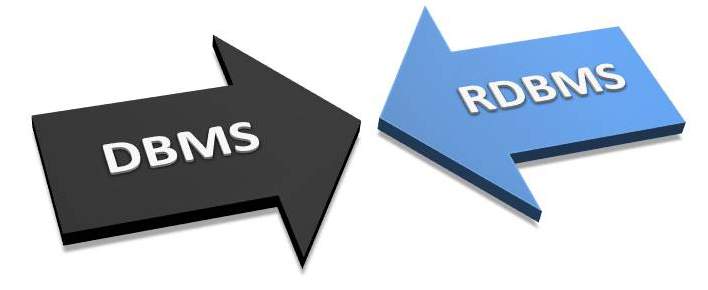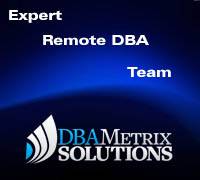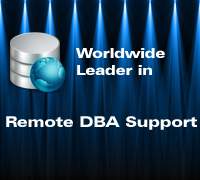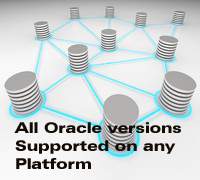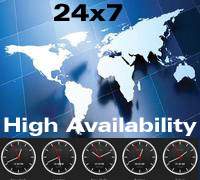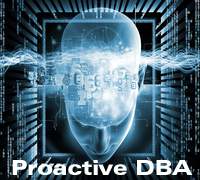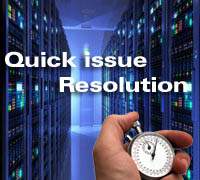Understanding Difference between Dbms and Rdbms
In today's world, data about customers, orders, products, work, everything is stored in databases. The administration, development, and utilization of the database is done by the Database Management System (DBMS). DBMS is a general term and contains various types of database management technologies.
RDBMS (Relational Database Management System was designed in 1970 and is considered as supreme database technology. Its trademark is a row-based table structure which joins related data elements to one other and supports SQL.
In this article, we will study about both the technologies in detail and will understand the difference between the two.
DBMS: At A Glance:
Introduced in 1960, first DBMS technology supports both hierarchical and a network database. This type of database is still accessible in IBM’s Information Management System and Integrated Data Management System (IDMS).
Note: In a hierarchical database, data is contained in the treelike structure consisting of parent and child records. However, in the network database, the relationship can be mapped between data elements in the different grouping of parent-child.
Some more categories of DBMS are listed below:
- Object oriented database (it treats data as object).
- Columnar database (they are oriented more to columns then rows).
- Multidimensional database (they are designed to support analytical queuing by structuring data in the form of cube.
Now, various set of DBMS technologies are grouped together as NoSQL which is basically adopted in managing huge data. There are four divisions of NoSQL software but the main function is to provide support for flexible database schemas. Some of the popular NoSQL DBMS products are FoxPro, AmazonDyamoDB, MongoDB, HBase, Neo4j, MarkLogic and Cassandra.
The basic concept of DBMS is same for different DBMS categories including RDBMS platform as well. Database Management System sits between databases, its application, users connected to it and DBAs. The main task of DBAs is to manage and monitor database through commands and queries. The end users can access and update the database but the vital tasks like backup, recovery and increasing performance I done by DBA only.
RDBMS: At A Glance:
RDBMS (Relational Database Management System) uses the concept of database normalization and constraints of foreign and primary keys to developing the relationship between rows of data in different database tables. Due to this unique ability of RDBMS, there is no requirement to store data in multiple tables thus, reduces redundancy of data, decreases storage requirement and increases efficiency. The popularity of RDBMS began to gain pace in early 1980 after the implementation of the client-server model. RDBMS database must support at least 6 rules of E.F.Codd concept. The prominent RDBMS products include Microsoft SQL Server, Oracle Database, MySql, IBM Db2, SAP HANA.
In Short we can say differences:
- DBMS software stores data as file where RDBMS software stores data in a tabular form.
- DBMS does not support normalization process where RDBM supports normalization process.
- DBMS uses file system to store data and there is no relationship between tables where in RDBMS, data stores in tables and there is relationship exists in tables.
- DBMS does not support distributed databases where RDBM supports distributed databases.
- DBMS is very useful for small businesses where RDBMS suites for big businesses like telecom, finance, banking etc.
- DBMS supports single user environment where RDBMS support multiple user environment.
Exclusive and professional remote Database services offered by Dbametrix with strong response time and high availability for important and critical Oracle databases. Expert remote dba team of Dbametrix is having wide experience to manage large and critical database with quick problem resolution.
Dbametrix is world wide leader in remote dba support. Expert remote DBA team of Dbametrix is offering high quality professional Oracle DBA support and Remote DBA Services with strong response time to fulfill your SLA. We are offering Oracle Cloud DBA support with very lost cost remote dba plans.Contact our sales department for more information.

